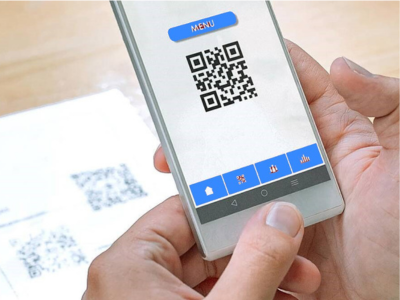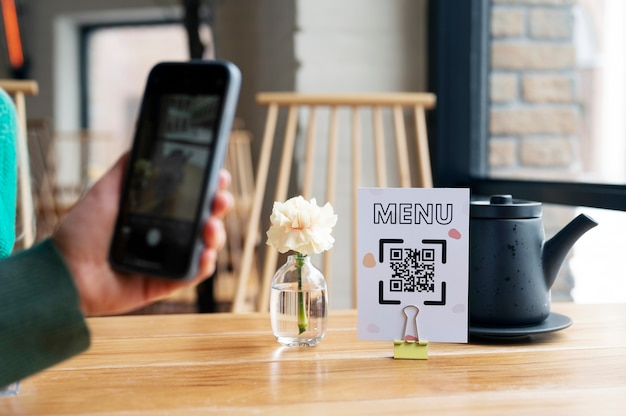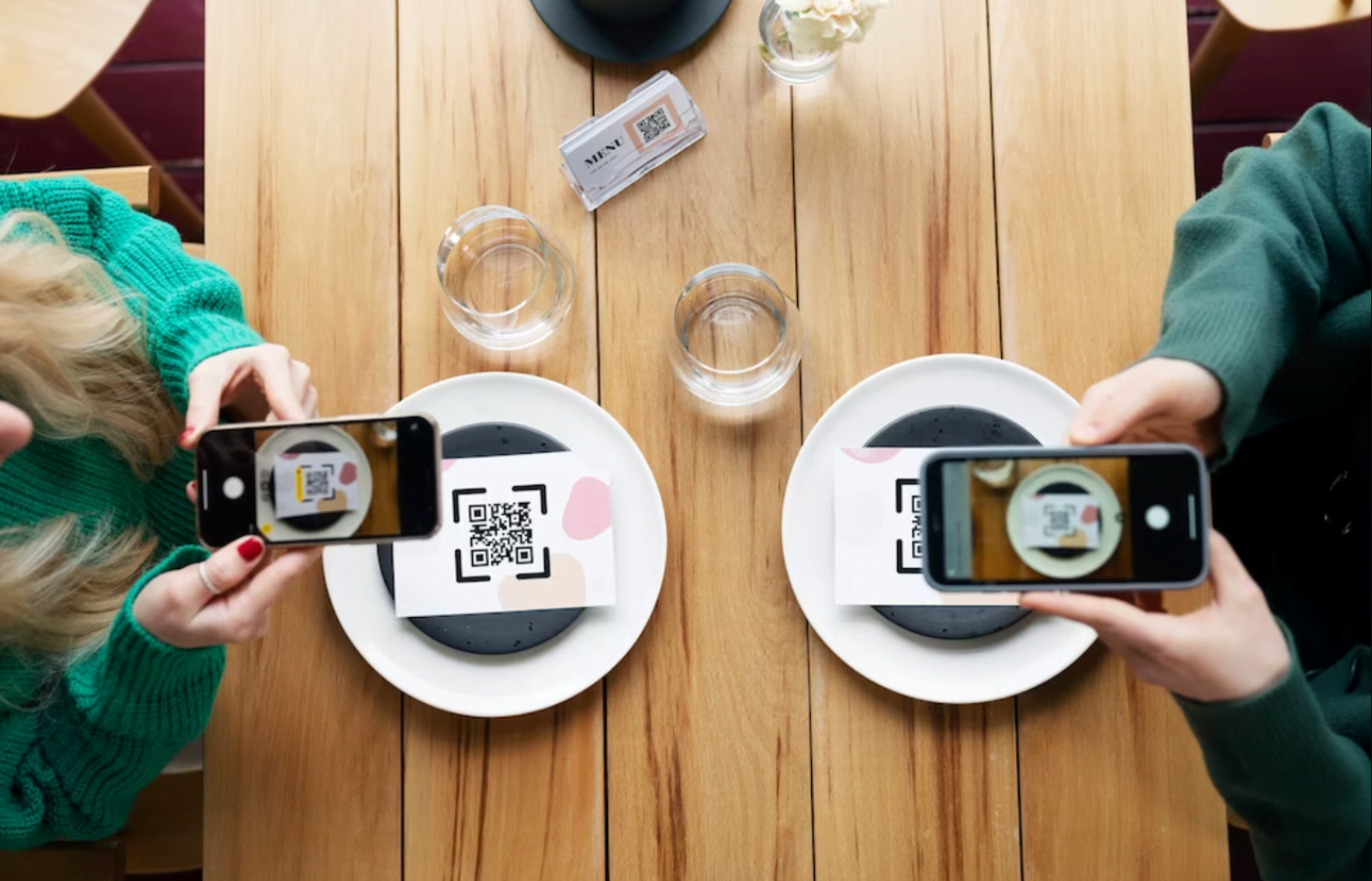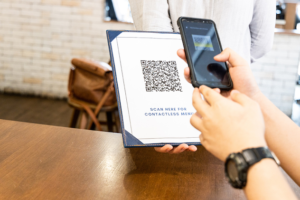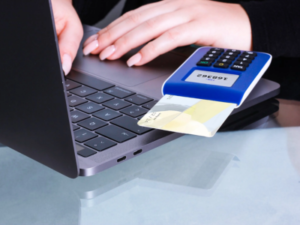Introduction
The rapid advancement of technology has led to the evolution of various digital tools and methods. One such innovation that has gained significant popularity in recent years is the Quick Response (QR) code. QR codes are two-dimensional barcodes that can be scanned using a smartphone or dedicated QR code reader. They have become ubiquitous in various industries and are used for a wide range of applications. In this article, we will explore the future of QR code technology, including emerging trends, potential applications, advancements in scanning methods, and the challenges it may face.
What are QR Codes?
QR codes are square-shaped symbols that consist of black modules arranged on a white background. They can store a large amount of information, such as URLs, text, contact details, or product information. QR codes are designed to be easily scanned and decoded by smartphones, making them accessible to a wide range of users.
History of QR Codes
QR codes were first developed in 1994 by Denso Wave, a subsidiary of the Japanese multinational corporation Denso. Initially, they were primarily used in the automotive industry for tracking vehicle parts. However, their potential applications quickly expanded, and they gained popularity across various sectors.
Benefits of QR Codes

QR codes offer several advantages over traditional barcodes. Firstly, they can store significantly more information, allowing businesses to provide additional details or engage customers with interactive content. Secondly, QR codes are easily scannable using smartphones, eliminating the need for dedicated scanning devices. Lastly, they are cost-effective and easy to generate, making them an ideal choice for businesses of all sizes.
Current Applications of QR Codes
QR codes have found applications in diverse industries. They are commonly used in marketing campaigns to direct users to specific landing pages, product information, or promotional offers. Restaurants use QR codes for contactless menus or ordering systems, while transportation services utilize them for ticketing and boarding passes. Additionally, QR codes are employed in inventory management, event registration, and authentication processes.
Emerging Trends in QR Code Technology
The future of QR code technology holds exciting possibilities. One emerging trend is the integration of QR codes with artificial intelligence (AI). By leveraging AI algorithms, QR codes can provide personalized experiences and gather valuable data for businesses. For instance, QR codes linked to AI-powered chatbots can offer real-time customer support or provide tailored recommendations based on user preferences.
Integration with Artificial Intelligence
AI integration enables QR codes to adapt and deliver dynamic content based on user interactions. By analyzing user behavior and preferences, AI-powered QR codes can present relevant information, such as personalized offers, recommendations, or interactive experiences. This integration enhances the overall user experience and enables businesses to make data-driven decisions.
Dynamic QR Codes

Dynamic QR codes offer a higher level of customization and flexibility. Unlike static QR codes that contain fixed information, dynamic QR codes can be modified even after they are created. This feature allows businesses to update the content of QR codes without the need to reprint or redistribute them. Dynamic QR codes are particularly useful in situations where information frequently changes, such as in marketing campaigns or event updates.
Enhanced Security Measures
As QR codes become more prevalent, ensuring their security is of paramount importance. To address this concern, advancements in QR code technology include the implementation of enhanced security measures. This includes encryption techniques, authentication protocols, and secure scanning algorithms to protect against counterfeit codes or malicious activities.
The Future of QR Code Technology
Looking ahead, the future of QR code technology appears promising. With increasing smartphone adoption and technological advancements, QR codes are likely to become even more prevalent in various industries. The potential applications are vast, ranging from retail and healthcare to transportation and education. QR codes have the potential to transform how we interact with products, services, and information in our everyday lives.
QR codes in ticketing
The use of QR codes in ticketing has simplified the process of event management. Whether it’s for concerts, sporting events, or transportation, QR codes have replaced traditional paper tickets. By scanning a QR code on their mobile devices, attendees can gain access to venues or board transportation. This not only eliminates the need for physical tickets but also enhances security and reduces the risk of counterfeit tickets. QR codes have made ticketing more efficient and convenient for both event organizers and attendees.
QR codes in information
QR codes have become an invaluable tool for providing quick and easy access to information. They can be found in museums, tourist attractions, and educational materials, enabling users to access additional content or detailed explanations. QR codes on product packaging allow consumers to access product manuals, warranty information, or customer support. By simply scanning a QR code, users can access relevant information instantly, enhancing their overall experience.
QR codes in healthcare
QR codes are making a significant impact in the healthcare industry. They are used for patient identification, medication tracking, and inventory management. QR codes on medical prescriptions enable pharmacists to access accurate information and prevent medication errors. In emergency situations, QR codes on medical bracelets or identification cards can provide vital medical history to healthcare professionals. The use of QR codes in healthcare streamlines processes, improves patient safety, and enhances the quality of care.
QR codes in logistics
Efficient logistics and supply chain management are crucial for businesses. QR codes play a vital role in tracking and tracing goods throughout the entire supply chain. By scanning QR codes, logistics personnel can access real-time information about the origin, destination, and status of shipments. This improves inventory management, reduces errors, and enhances overall operational efficiency. QR codes enable businesses to optimize their logistics processes and ensure smooth delivery of goods.
Security and privacy
As with any technology, security and privacy are important considerations. QR codes can pose security risks if used maliciously. It is essential to ensure that the scanned QR codes are from trusted sources to prevent phishing attacks or malware infections. Additionally, privacy concerns may arise if QR codes are used to collect personal data without user consent. Safeguarding user information and implementing secure practices are vital to maintaining trust and confidence in QR code technology.
Potential Applications
The versatility of QR codes opens up numerous possibilities for their future applications. In retail, QR codes can enable seamless mobile payments, product authentication, or personalized shopping experiences. In healthcare, QR codes can store patient records, facilitate prescription management, or provide access to medical information. Furthermore, QR codes can revolutionize education by offering interactive learning materials, virtual tours, or instant access to supplementary resources.
Advancements in QR Code Scanning
Scanning methods for QR codes have also seen advancements in recent years. Traditional scanning apps have been replaced by built-in QR code scanners in smartphone cameras, simplifying the scanning process for users. Additionally, emerging technologies like augmented reality (AR) and computer vision are being integrated with QR code scanning, allowing for enhanced user experiences and new interactive possibilities.
Challenges and Concerns
Despite their widespread adoption, QR codes face certain challenges and concerns. One of the main concerns is the potential for QR code misuse, such as linking to malicious websites or scams. To mitigate this risk, user education and security measures must be implemented. Additionally, interoperability issues may arise due to the lack of standardized QR code formats, which can hinder seamless scanning experiences.
FAQs
1. Can I create my own QR codes?
Yes, there are various online tools and applications that allow you to generate QR codes easily. Simply input the desired information and choose the appropriate type of QR code, and the tool will generate it for you.
2. Can QR codes be scanned without an internet connection?
Yes, QR codes can be scanned offline. The necessary information is embedded within the code itself, allowing it to be scanned and decoded without an internet connection.
3. Are QR codes secure?
QR codes can be secure if proper security measures are implemented. However, it is essential to be cautious and ensure that the codes you scan come from trusted sources to avoid potential risks.
4. Can QR codes contain sensitive information?
Yes, QR codes can store various types of information, including sensitive data. It is crucial to be mindful of the information you encode and take necessary precautions to protect it.
5. Are QR codes here to stay?
Given their widespread adoption and continuous advancements, QR codes are likely to remain an integral part of our digital landscape for the foreseeable future.
Conclusion
QR codes have come a long way since their inception and have proven to be a versatile and valuable tool. The future of QR code technology looks promising, with emerging trends, advancements in scanning methods, and a wide range of potential applications. As businesses and industries continue to embrace QR codes, it is crucial to prioritize security, usability, and standardization to maximize their benefits and ensure a seamless user experience.







